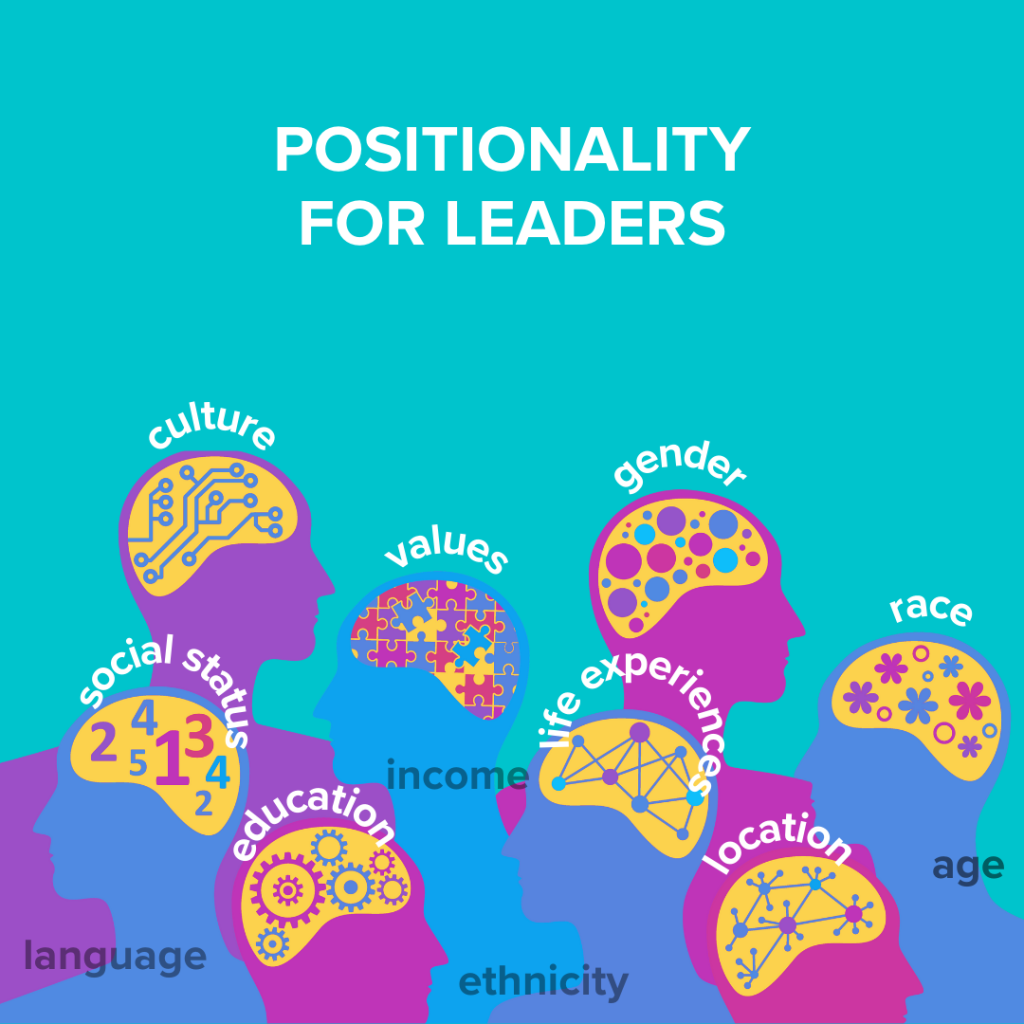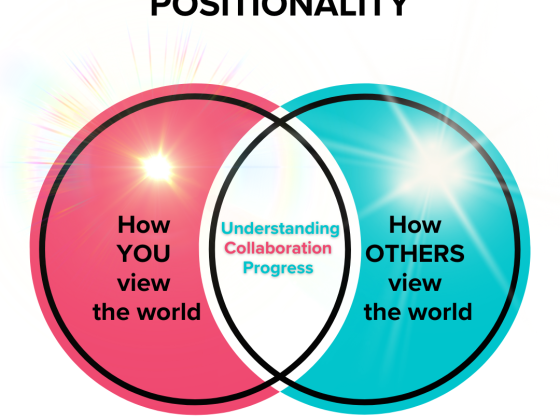In my last article, I talked about what positionality is and why it holds significance. I strongly believe that understanding positionality is essential in how we interact with others and how we grow as leaders while developing those around us. As a leader, I recognize that positionality means acknowledging the unique histories, gender identities, cultures, and values that shape each individual. These aspects are integral to who I am as a leader and influence how I guide others in their career paths.
Positionality Matters to Leaders
Positionality holds immense importance for me as a leader. I strive to honor and respect cultures beyond my own while also valuing the perspectives of others and requesting the same for my own culture. Creating an inclusive environment that embraces everyone’s voices and opinions is at the core of my leadership approach. Recognizing the impact of our unique backgrounds on our decisions and actions allows us all to learn and make a positive impact, no matter where we are in our careers.
How are you leading today? Where do you see yourself in the future?
Today, as I reflect on my leadership journey and look toward the future, I am more conscious of the role my positionality plays. Throughout my career, I have had experiences where my background has been influential, particularly in the realm of equity work.
In my role as a leader in equity, I understand that I was chosen for this position because of my experiences. I firmly believe that being in a leadership role comes with the responsibility to honor the trust placed in me by those who appointed me and to serve the organization and its constituents with integrity.
As challenges arise, I value the guidance of coaches or mentors to navigate through difficult situations. Sometimes my team faces challenges, and I must step up to lead them through those experiences.
As an African American woman, I know the importance of knowing when to speak up and when to listen, especially in the context of equity work. Different cultures and people of color have unique experiences, and as a leader, I recognize the significance of understanding how our work impacts our communities.
As the leader of an African American Leadership Institute, I place great emphasis on fostering safe spaces for private conversations about sensitive topics. These forums allow us to have open discussions and learn from each other. When appropriate, the insights gained from these conversations can be shared with the broader group, respecting both our cultural identity and the needs of the community.
Whether I am leading a nonprofit, starting my career, or at any point in between, I am continuously evolving as a leader.
You can lead from wherever you are today.
Leading is not constrained by a specific role or title; it can be demonstrated from any position within an organization. Whether you’re part of a group of administrative assistants, a volunteer coordinator, or in any other capacity, you have the potential to be a leader. It’s about taking the initiative to make positive changes and influencing the organization for the better.
People who are successful focus on the bigger picture of where they’d like to go in career development. They go the extra mile on a research project. They under promise and over deliver. They are early to meetings. They listen and pay attention to what is happening around them. And they likely have a sense of when to find a new opportunity because the current one has run its course. That kind of career and personal growth doesn’t happen if you’re in the weeds of complaining without proposing change within an organization. Instead, I suggest the following:
● Ask if you can support a project that is of interest to you.
● Volunteer for employee engagement activities.
● Be respectful to everyone.
That last one is especially important as you move up the career ladder. Say thank you to your assistant. Engage in activities. Embrace everyone’s ideas. In doing so, you are developing your leadership skills in whatever position you currently hold.
I celebrate the diversity and similarities among us and look forward to moving ahead with a deeper understanding of one another, committed to progress and positive change. Cheers to embracing positionality in leadership and working together for a better future!



